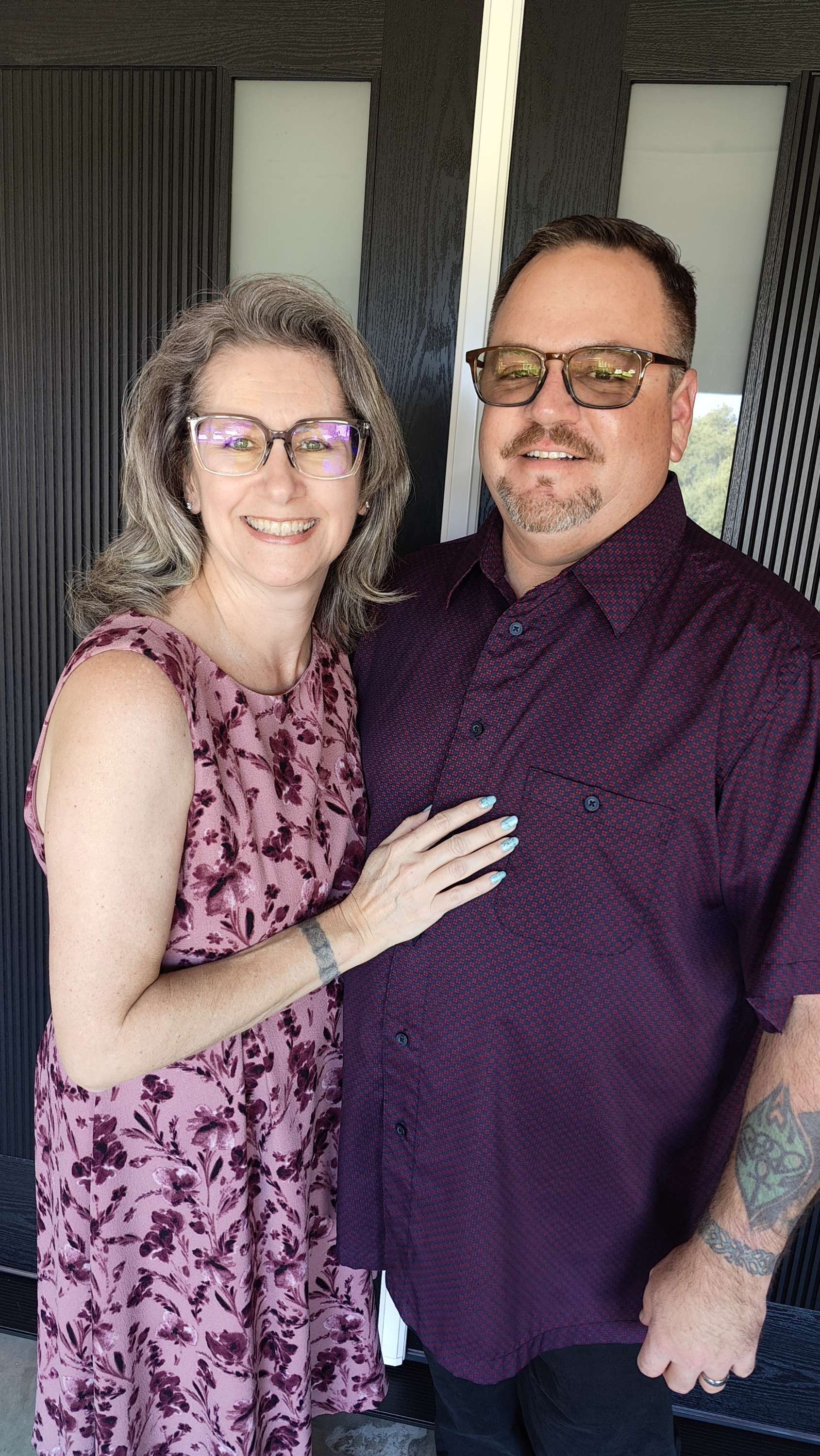Club Newsletter - January 2025
- Teresa Martain
- Jan 4, 2025
- 4 min read
Updated: Sep 6, 2025
In Defense of Wine
Wine’s history of providing beauty, joy and affirmation should not be forgotten.
Around the globe, much of the wine world is feeling besieged and stigmatized. Sales are down. New studies suggest that any consumption of alcohol is unhealthful. New diseases are preying on grapevines, older maladies seem more prevalent and climate change — which has caused subtle and violent changes to weather patterns and more frequent catastrophic events like spring frost, hail, drought and fire — poses a threat to the existence of small growers and producers.

I want to stand up for the beauty and joy of wine, which has been embraced by humans since the dawn of civilization. Wine has played a role in religions and been a beloved element of many societies. It is often integral to people’s cultural identities. For centuries, wine was a necessity for many people, safer to drink than water.
It’s not essential to survival any longer. People in countries like France and Italy drink far less wine than they once did because it’s now a choice, not a necessity. Wine endures because of the deep and subtle pleasures it offers.
Yes, wine is an alcoholic beverage. Good wine is far more. Wine drinkers enjoy the buzz, but if that were the only element sought, wine would be no more than an intoxicant.
Sadly, many in the wine industry fear that, as marijuana has become easier and less risky to obtain, wine will lose out to legalized cannabis as people trade one high for another. The notion of wine as solely an intoxicant is reinforced by popular culture, which so often portrays wine as self-medication, something to drink to relieve anxiety or to unwind at the end of the day.
Good wine transports as it refreshes. It’s an invitation to visit other cultures and worlds, to learn about history and geology, agriculture and environmentalism. Aged wine offers a journey through time. It can be a gateway to philosophy and to contemplation.
Though skill, vision and humility are crucial to the creation of great wine, it is not a work of art that springs entirely from the imagination. Rather, it is a beautiful craft. It takes no special skill
to appreciate or enjoy. It’s fun, and it’s delicious, and if you give a glass of good wine to a dozen different people you are liable to get a dozen distinct opinions.

I simply love wine. It has given me more pleasure over the decades than I can quantify, as I’ve shared bottles at the table with friends and family. Wine’s gift is to enhance meals and gatherings. It brings people together, amplifies a sense of well-being and can comfort in times of sadness.
Wine can also transfix, captivate and inspire, touching people’s emotions in ways that can range from simple happiness to profound wonder. If they wish, people can discuss and debate the quality and meaning of a profound bottle with language that paradoxically struggles to articulate its mysterious appeal. At the same time, the humble, everyday bottles are often the most important. Great wines occupy an exalted place because of the discussions they provoke and the context they provide; they will never overshadow the simpler pleasures that we enjoy most frequently with friends and loved ones, just as masterpieces in museums will never eclipse the daily joy we take in our children’s artwork on the fridge.
In wine-producing societies, no other beverage has been as entwined with cultural rituals and reaffirming social bonds as wine. We toast to declare love, affection, trust and to reinforce our ties. We raise glasses to celebrate births and to mourn deaths. Wine makes people feel closer to one another.
Even in more modern times, as in the 19th century, the importance of wine has inspired people to do mind-boggling things, like planting a vineyard at Monte Bello in the Santa Cruz Mountains of California. I drove up there for the first time around 20 years ago, taking a steep, winding road that scared me in both directions. How did people do that with horse and mule? And why?
Wine was that important. It served social, spiritual and aesthetic roles that other foods and beverages never did. And, if the grapes were planted in the right places and skillfully fermented into wine, it was delicious.
I’ve been writing about wine for more than 25 years. If anything, I’m more fascinated by the subject than ever, and more in awe of the people who dedicate themselves to making wines that are the best expressions of their vision and heritage, whether their bottles cost $20 or $200. These wines have enormous cultural value. They will always have an audience.
Wine producers who are in business simply to sell a product face the biggest threat. An audience that doesn’t see the value in wine — their audience — will be the most likely to go elsewhere.
I have never consumed wine because I imagined it was healthy. But I don’t fear it in moderation, just as I continue to do other things that are not without risk, like drive, fly, eat meat and train in martial arts.
Everybody ought to feel free to make their own choices about wine. In assessing the risks, please take its beauty, culture, history and joy into account as well.
Eric Asimov, The New York Times.





Comments